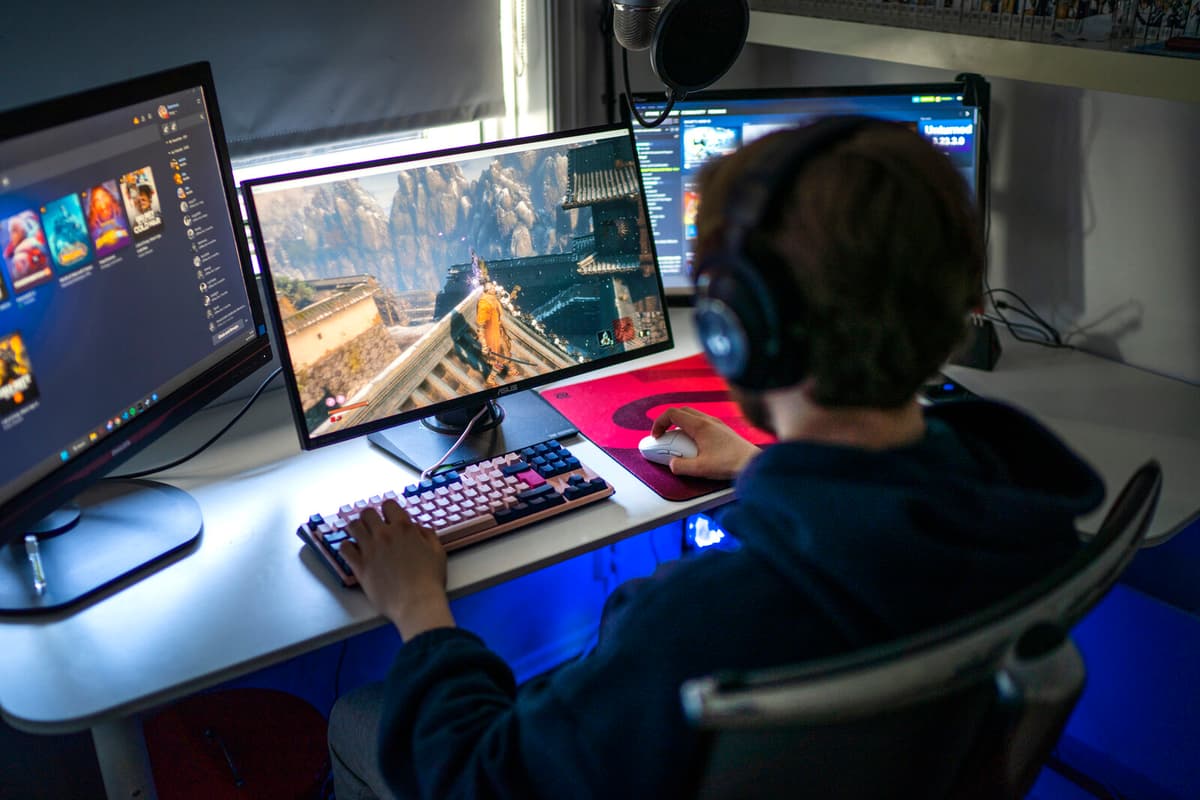For many young people, gaming is a natural part of social life, but not infrequently it is also a source of conflict in the family.
Partly it is the screen time, that it becomes too much gaming that worries parents, and many who feel that they do not really know what the children encounter in the online world, says Theo Thoresson, psychologist at Save the Children.
The solution is to prioritize the relationship and build trust.
The important thing is to have positive interactions around gaming and not just talk about dangers or that they should play less. The risk is otherwise that the child will not tell if they have experienced something unpleasant or been cheated out of fear of losing playing time, he says.
Play together
The advice to parents is – regardless of interest – to themselves get involved in the gaming world.
– There is a fairly large generation gap here. Many make attempts and ask a few questions at the dinner table, but it is so boring that you zoom out and then there are no follow-up questions.
The best thing is to play together. Ask the child "what is fun about gaming?", "is there a game that you think would suit me?", says Theo Thoresson.
Development is moving quickly forward in the gaming world and even parents who have played themselves have a hard time keeping up.
What has changed in recent years is that there has been much more focus on the social aspect. Another challenge is all the purchases within the games that can be difficult for children to defend themselves against – and which easily become a conflict area in the family.
Content more important than time
How much screen time is reasonable, there are no easy answers to.
The important thing is to focus on what the child is doing on the screen. It is not necessarily better to sit and scroll on the mobile than to play. A good question to ask yourself is: does the rest of life suffer?
Is there time for sleep, age-appropriate household chores, to exercise and meet friends, you may not need to focus so much on that it became a few extra hours of gaming one day, says Theo Thoresson.
Be curious – Ask what games the child plays and why. Ask to take a look or play together.
Create your own accounts – Test apps like the gaming platform Discord and different games to understand how they work.
Talk about risks – What is okay to share personal information, how to handle unwanted contacts.
Keep track of settings – Use parental controls and security settings in apps that allow it. Learn to understand how Tiktok's algorithms work.
Act on concern – Save evidence and contact the police if needed.
Source: Save the Children






